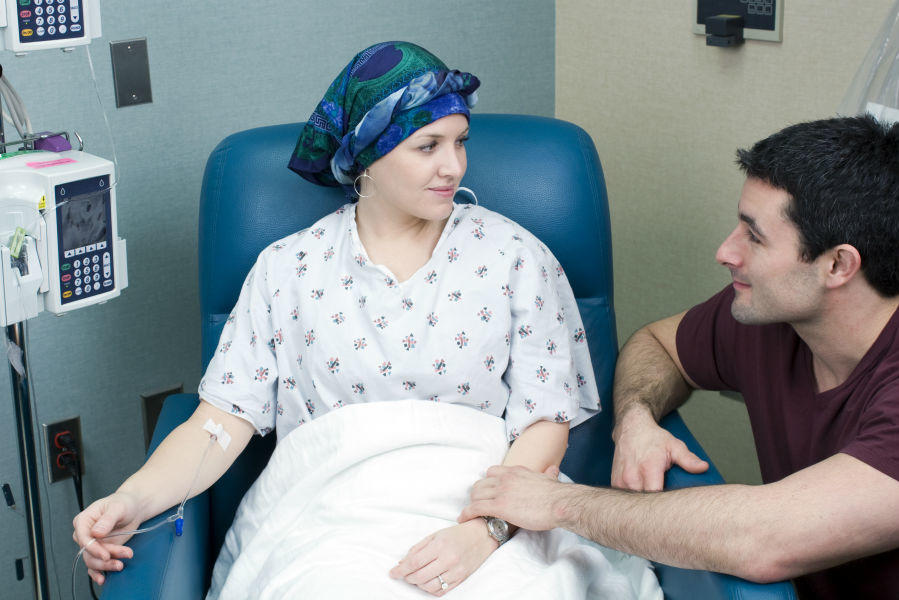What are cancer treatment clinical trials?
Most cancer clinical trials are treatment trials. These trials involve people who have cancer and test experimental (new) treatments or different ways of using existing treatments, including:
- drugs
- vaccines
- approaches to surgery or radiation therapy
- combinations of treatments
What to expect
Every cancer treatment trial follows a plan, called a protocol, that is specific to that trial. The protocol will spell out what you can expect during the trial. It will explain the treatment in detail and any side effects you might have. The protocol includes a schedule of clinic visits you will need to attend and tests and procedures you will have. The team running the trial will make sure you understand everything that is involved before you decide to join.
Possible risks and benefits of clinical trials
Every clinical trial is different, which means risks can also differ.
Some common risks include:
- The study treatment may not be better than, or even as good as, the standard treatment.
- Study treatments may have serious side effects that are worse than those of the standard treatment.
- You may be required to make more visits to the doctor and have more tests than if you were receiving standard treatment.
- You may have extra expenses related to these extra visits, such as travel, housing, and childcare costs.
Some of the benefits to joining a treatment clinical trial may include:
- The trial may help researchers learn more about cancer and help people in the future.
- You might have access to a treatment that is under study that may not be available to people outside the trial.
- The research team will watch you closely, adding an extra layer of care to your health.
- Though not common, if the treatment being studied is more effective than the standard treatment, you may be among the first to benefit.
Your rights
The study staff will talk with you before you join a trial and tell you all about the study. They will answer all your questions. For ideas on questions to ask, see our why participate page before joining a clinical trial.
Once you understand the study and decide to take part, you will be asked to sign a consent form. Even after you sign the form, you can change your mind and leave at any time. Learn more about informed consent forms in clinical trials.
Costs and expenses
Many clinical trial costs are covered by the sponsor of the study or your insurance plan, if you have one. Sometimes there are out-of-pocket costs. Learn more about clinical trials costs and who pays.

